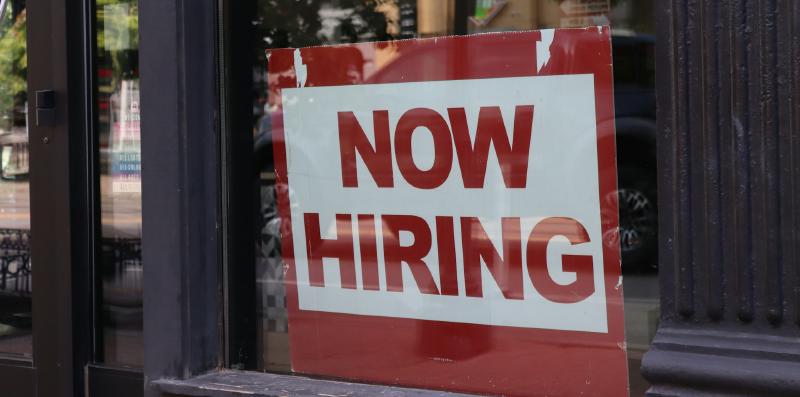A lot of companies have already introduced AI systems in handling applications for open positions or are thinking about doing so. So I wanted to take the opportunity to have a nuanced (at least I hope so!) look at the state of hiring.
Companies introduce AI systems for various reasons:
- They want them to help reduce the workload of the HR team.
- They want to make the hiring process fairer for underrepresented groups by anonymizing CVs to reduce bias, before they are handed over to the hiring manager.
The first point is valid, as companies receive a lot of applications that very obviously do not fit the requirements. Be that country of residence, length of experience or preferred tech stack (for engineering positions). The second item is a problem. And I will try to explain why.
Roughly speaking there are two groups of hiring managers:
- The ones who didn’t take diversity into account until now. They will most likely hire people like themselves, which often is white middle aged cis men.
- The ones who are already actively trying to source and hire people from diverse backgrounds.
For the first group, the anonymization approach might work. How well I can’t say. But they will not learn anything as a manager and not grow in their experience and knowledge about implicit and explicit bias. It’s like a lock-in. Without the AI system they fall back into old habits. And they absolutely will, even if their experience with diverse hires is great. Because fighting unconscious bias is a lifelong process. There is no “ok, I understood, I’ll be good from now on!” For the second group the introduction of anonymized CVs is a step back. Because they can’t do anymore what they were actively doing already.
But isn’t it a good to judge candidates purely by skills, knowledge and experience, without taking cultural background, gender, age or religion into account? Actually not. There is a growing body of research¹ on meritocracy that shows that the merits (in our case skills, knowledge, experience) are a result of luck and the lack thereof often a result of bias of their managers in previous jobs. In addition there is research indicating that believing in meritocracy makes people more selfish and behave in more discriminatory ways.
Meritocracy is a well known and pervasive problem of the open source community². The contributions to projects by women are often regarded as less relevant or good. But … we have anonymized CVs! You don’t know if someone is a woman! Indeed. But do you offer someone a job solely based on their CV? I guess not. You will invite them to one or more interviews. And you will make your decision after seeing them. If you don’t try to mimic the blind auditions common in the music sector, you will know who is sitting in front of you. So whatever you do to prevent bias, in the end it will play a role in hiring decisions. And for this reason you will want to learn and grow as a person and manager.
Something I haven’t talked about yet is, that your CVs will be less anonymous than you think. People from a lot of cultural backgrounds³ will use language in subtle ways typical for their communities or cultural groups. So someone who is biased towards non-white eurocentric folks or even is racist will know about at least some of the specific idioms of groups of people they despise.
What do I propose instead of anonymized CVs? It’s not hard to guess:
- Make “Blindspot - Hidden Biases of Good People"⁴ a required reading for everyone in your company who is in a managing or hiring position.
- Have hiring managers joining regular trainings and discussions about bias.
- Have some statistics about the diversity of applications going into the process and actual hiring decisions.
And most of all: be a mensch! 💕
Photo by Nathan Sack
¹ See this paper from Princeton University
² See this well researched blog post
³ You will never hear me talk about race or racial background. I’m German and these words have a terrible history in our past. They mean something quite different and are highly discriminatory in German.
⁴ Mahzarin R. Banaji, Anthony G. Greenwald, “Blindspot - Hidden Biases of Good People”
